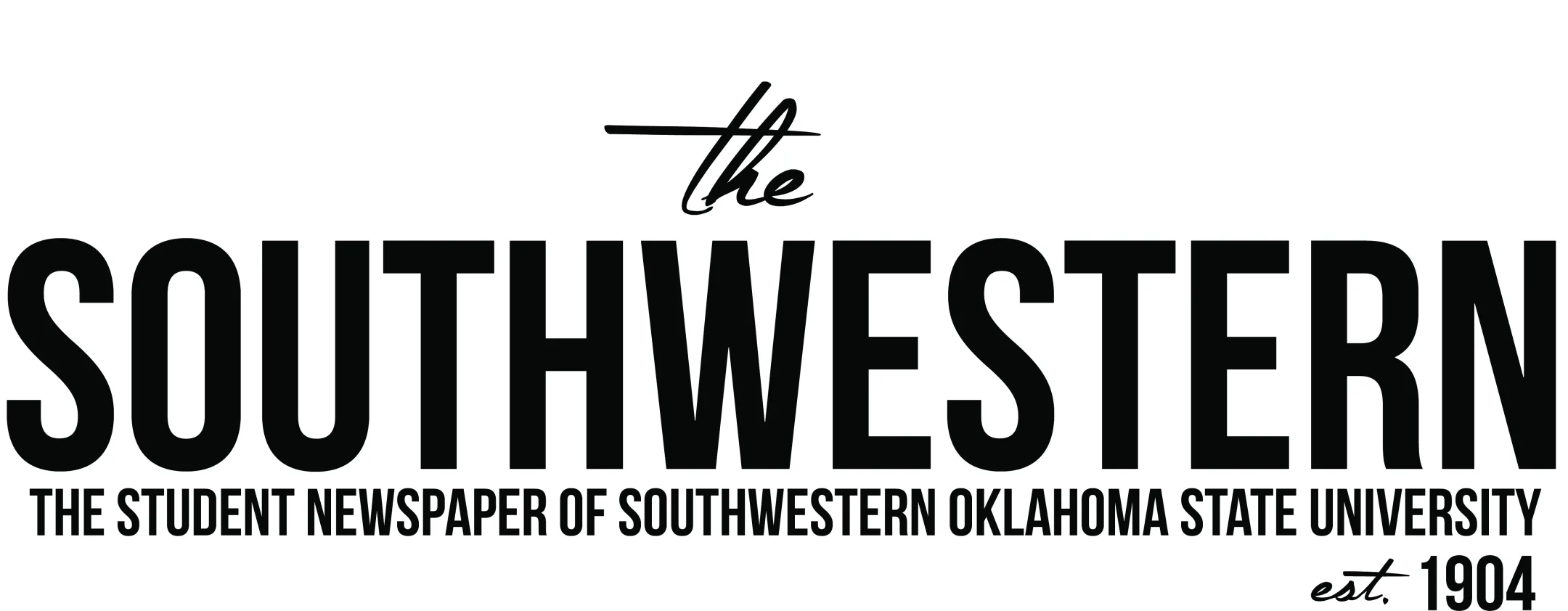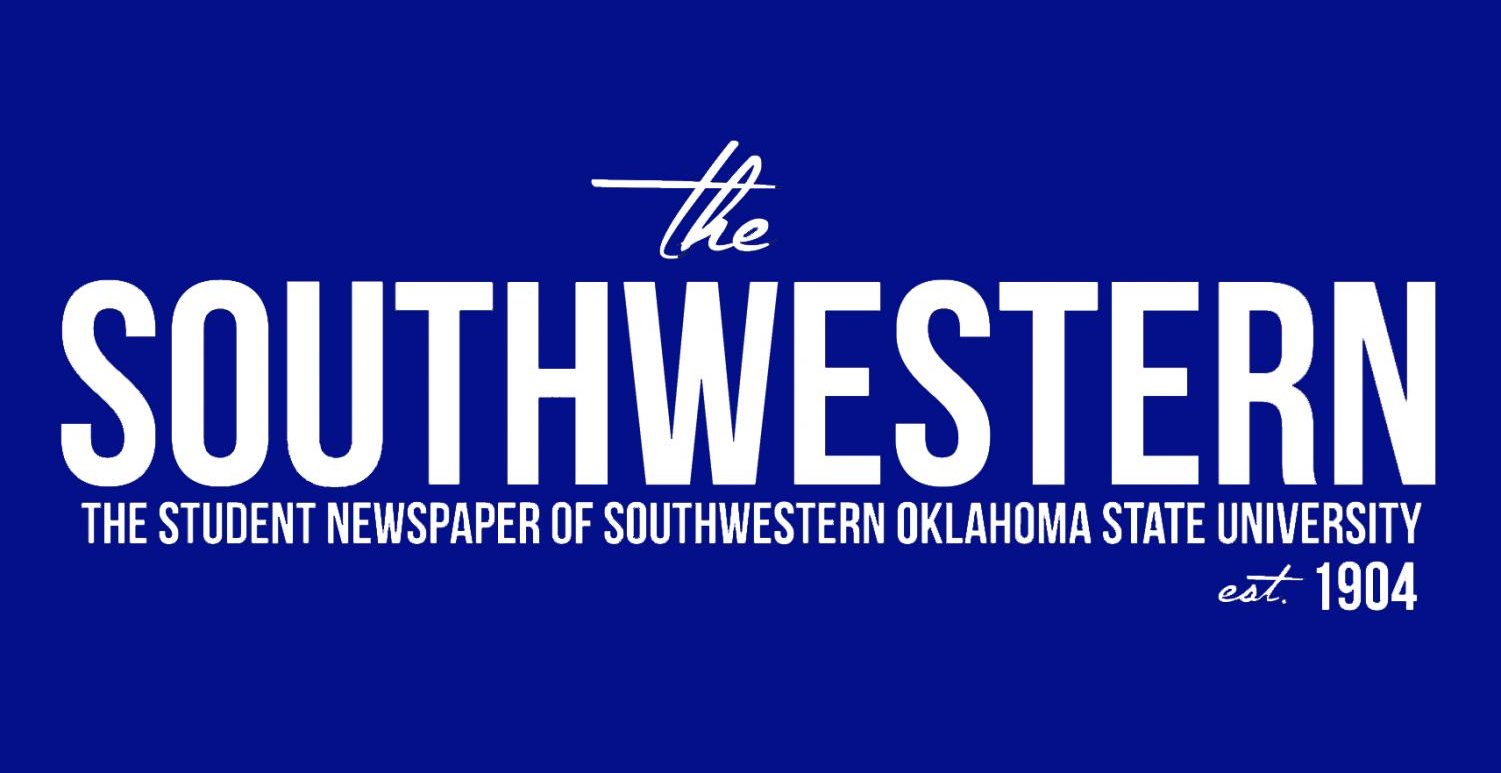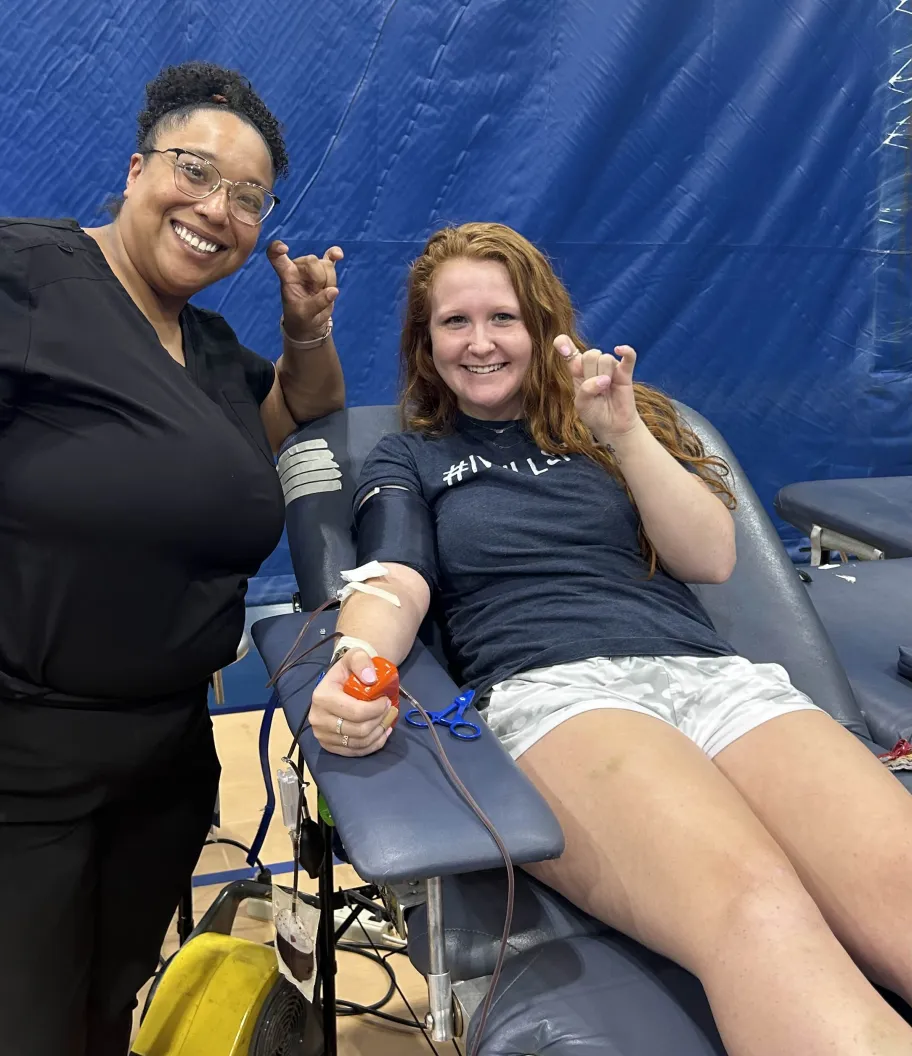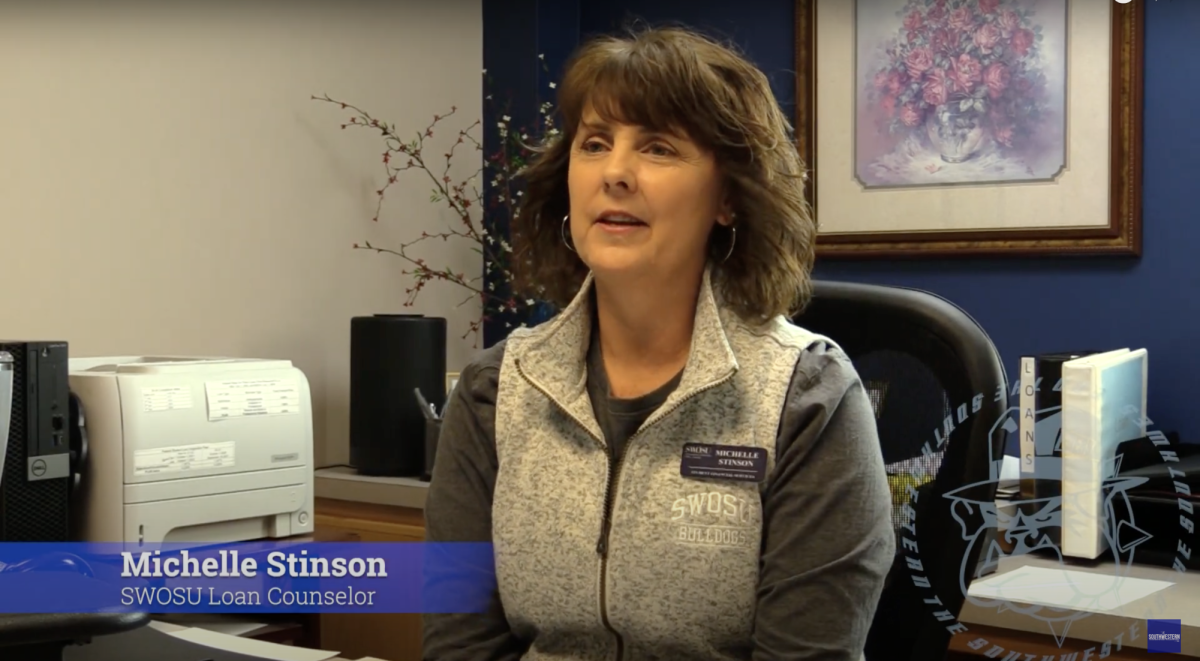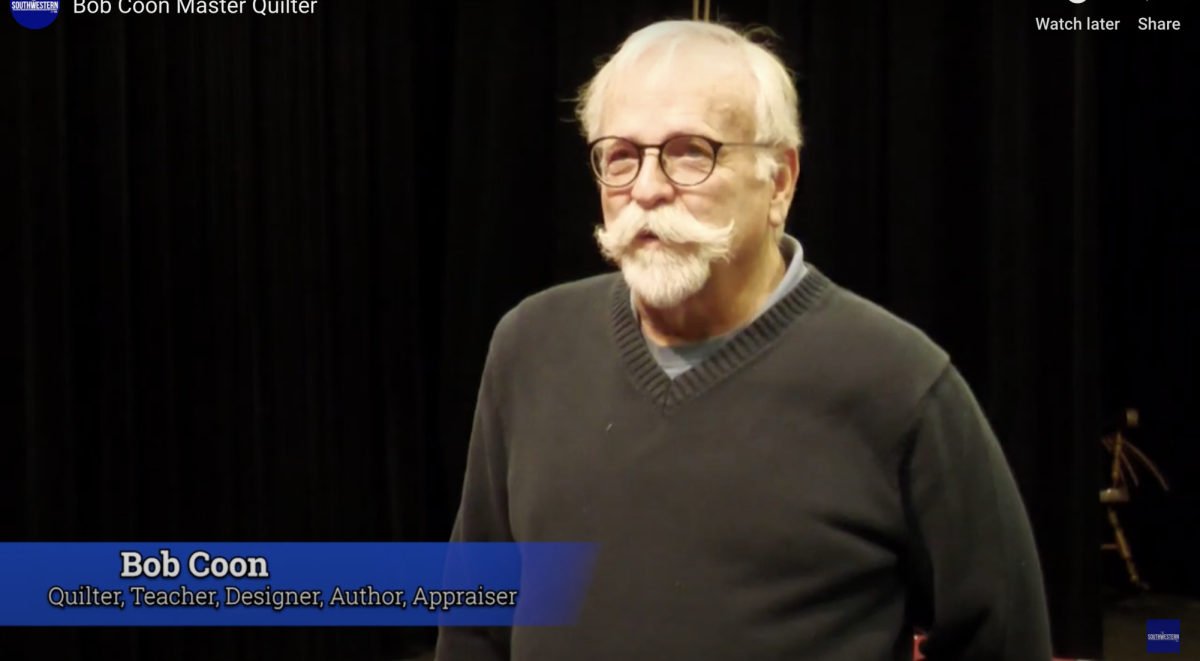It is well known that college is not cheap. Going through the extra schooling to get a degree is very beneficial for one’s career, but it comes with lots of expenses. From tuition to housing to food, etc. it adds up quickly. I have started a multi-part series of giving financial advice to students, so students are better equipped on how to attack these expenses before and after college. For part one, I gathered and distributed advice on student loans. This time I sat down with SWOSU Financial Aid Counselor Sheila McGee to discuss scholarships and share this information. I am by no means an expert, but I have done research and talked to those who are significantly more educated on these subjects to help distribute advice that is meaningful and helpful.
While the last part focused on student loans, it is crucial that before a student loan is ever taken, students should apply for scholarships. Student loans have to be repaid at some point, while scholarships are free money that students do not have to pay back. There are scholarships offered directly from SWOSU, and there are scholarships not directly from a university, “outside” scholarships.
“For first-time freshmen, we have several [scholarships], we offer four tiers of our Academic Achievement Award. We also offer dorm room scholarships, as well as foundation,” McGee said.
For outside scholarships, there are several ways to find good scholarships.
“The best place is to check our website, we have a page dedicated to web searches that they [students] can check for scholarships there,” McGee said. “There’s also other companies like Sallie Mae or Chegg, or Fast Web as well as others that offer scholarship searching.”
From outside scholarships, the process by which money is transferred to the university is fairly simple.
“The money from outside scholarships is given via a check directly from the organization or an electronic transfer which is from a lot of state or government organizations,” Mcgee said.
As for direct student advice, it is important to fill out all of the paperwork and to fill out the applications. But as for what to include on the applications, McGee adds several things to put on and leave off.
“Include I would say personal interest. If they require a resume, the standard things like school history, degrees that you’ve obtained, any affiliations with any groups or activities that you were in [during] high school,” McGee said. “I wouldn’t get too personal when filling out an application. I would stick strictly to the point answer the question and that’s it.”
